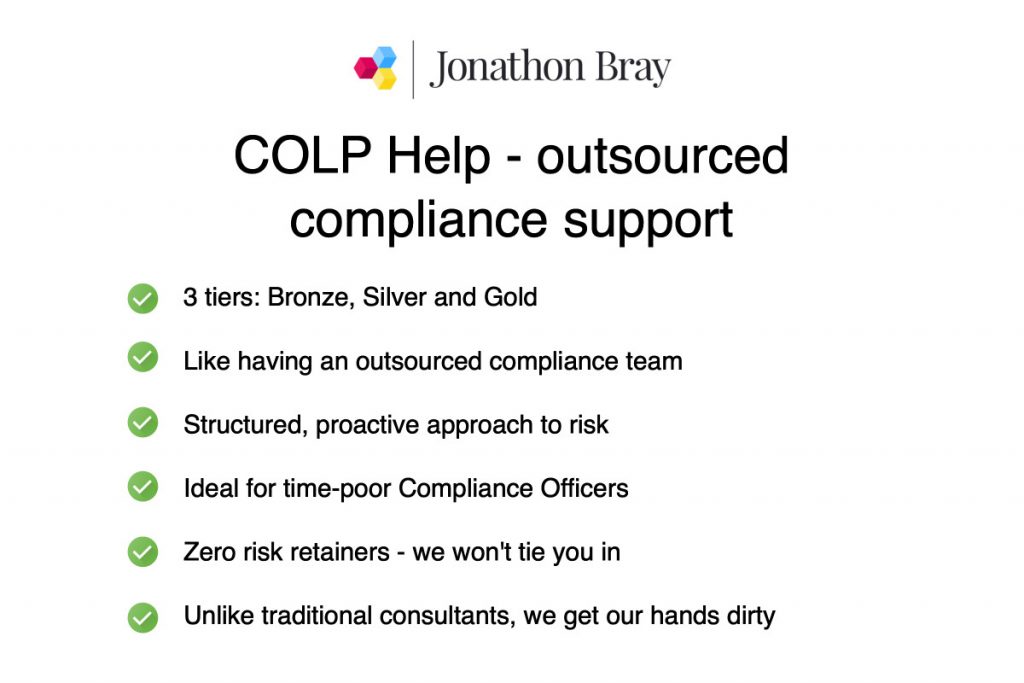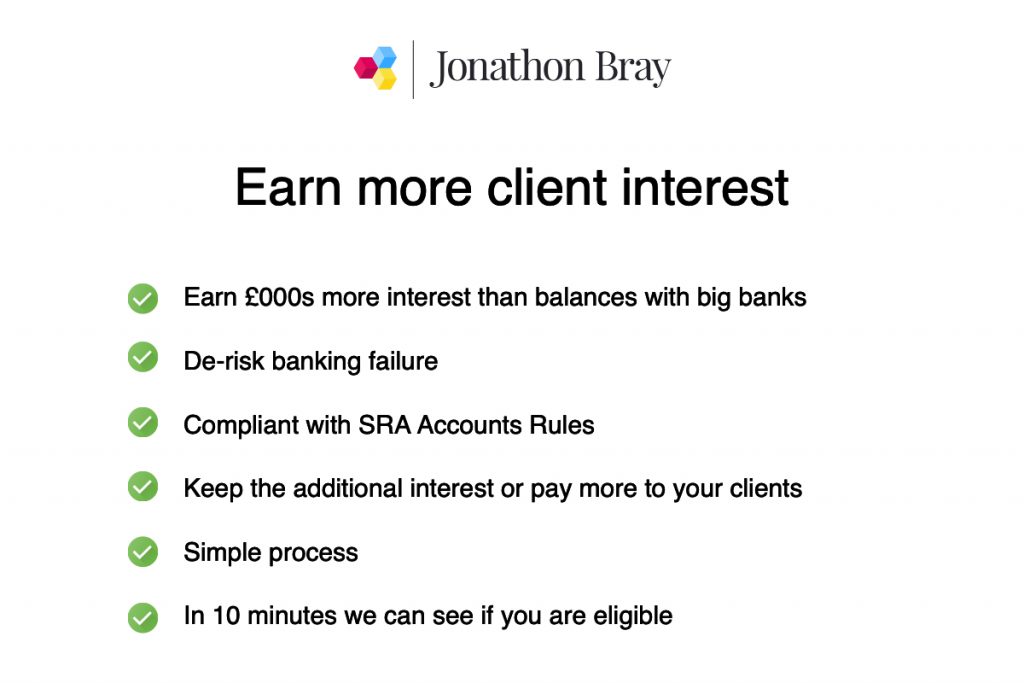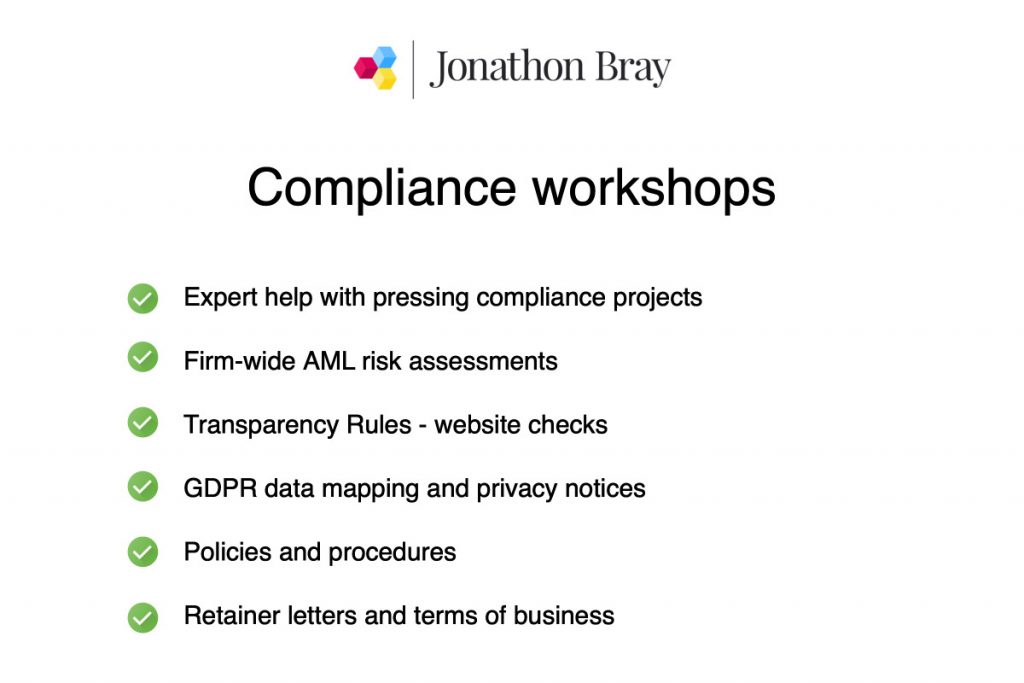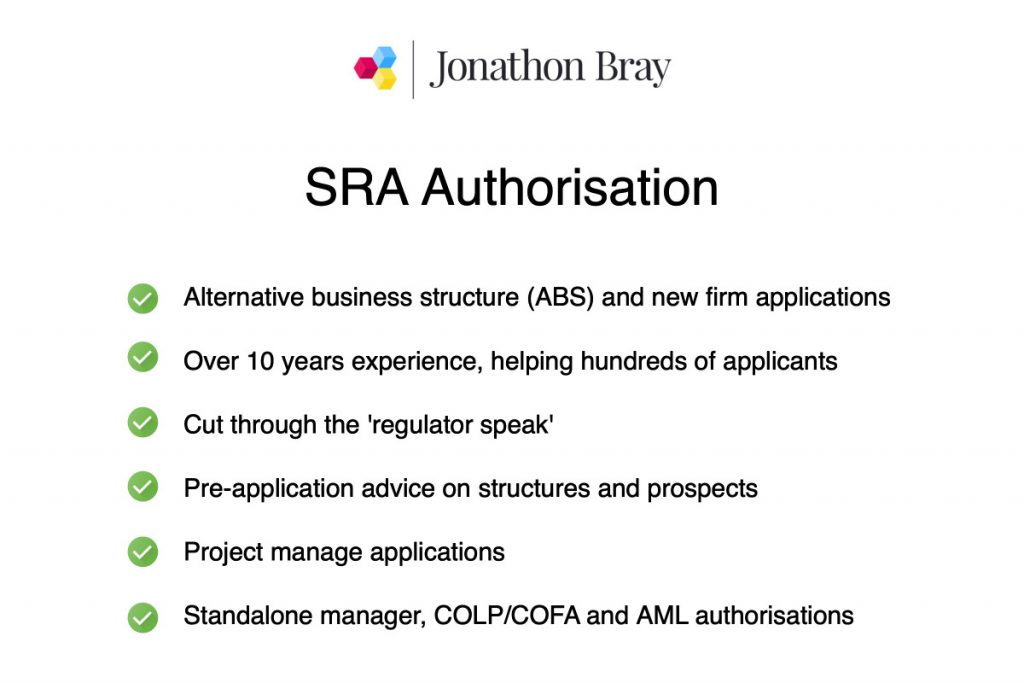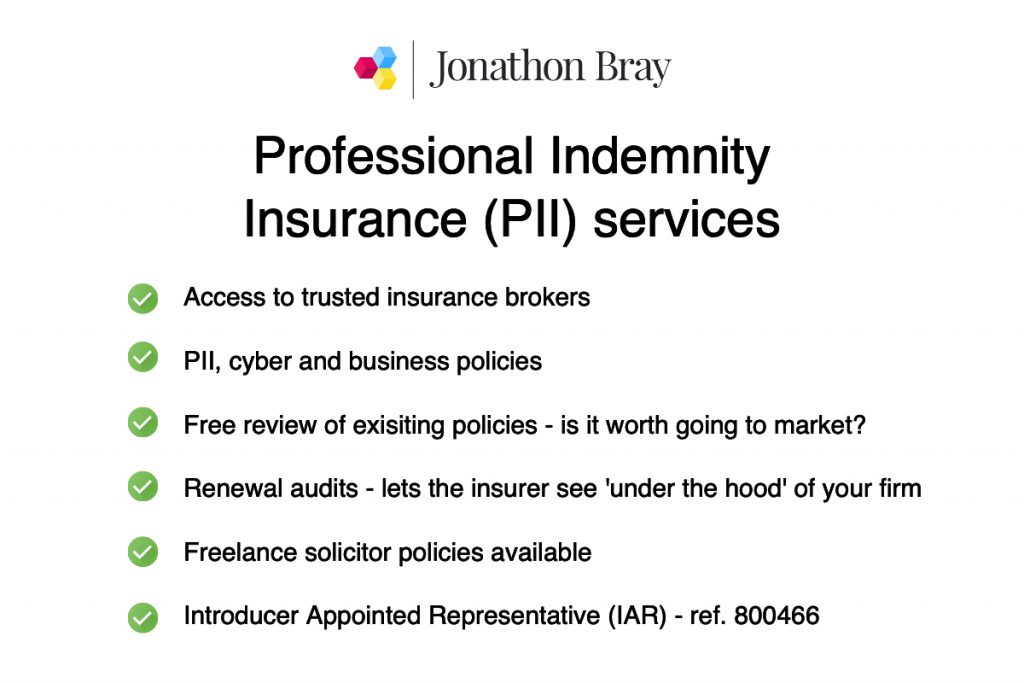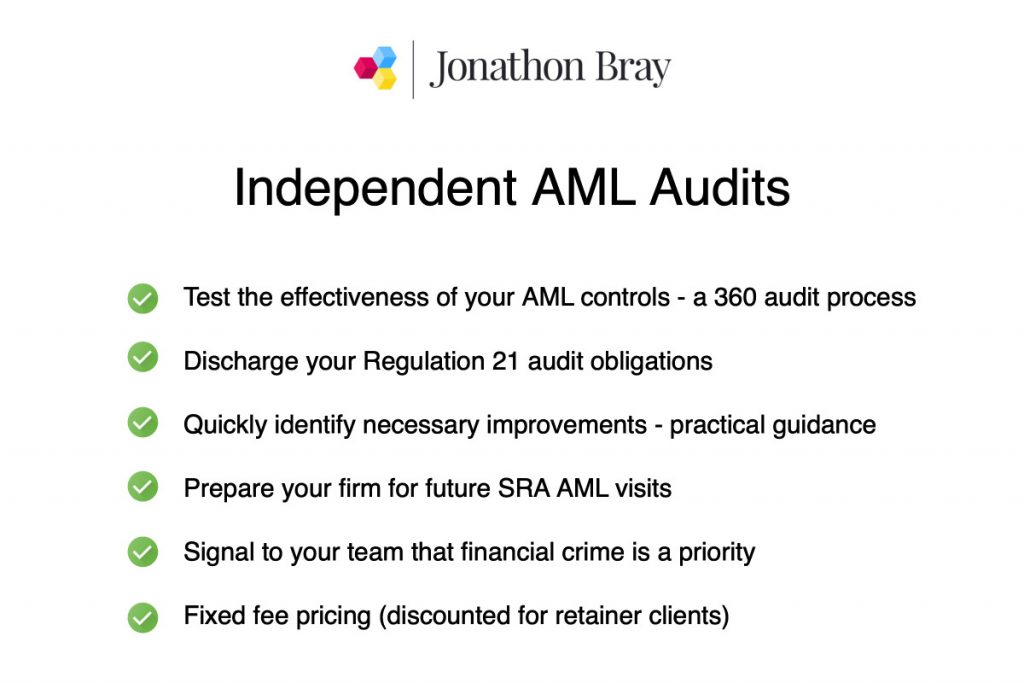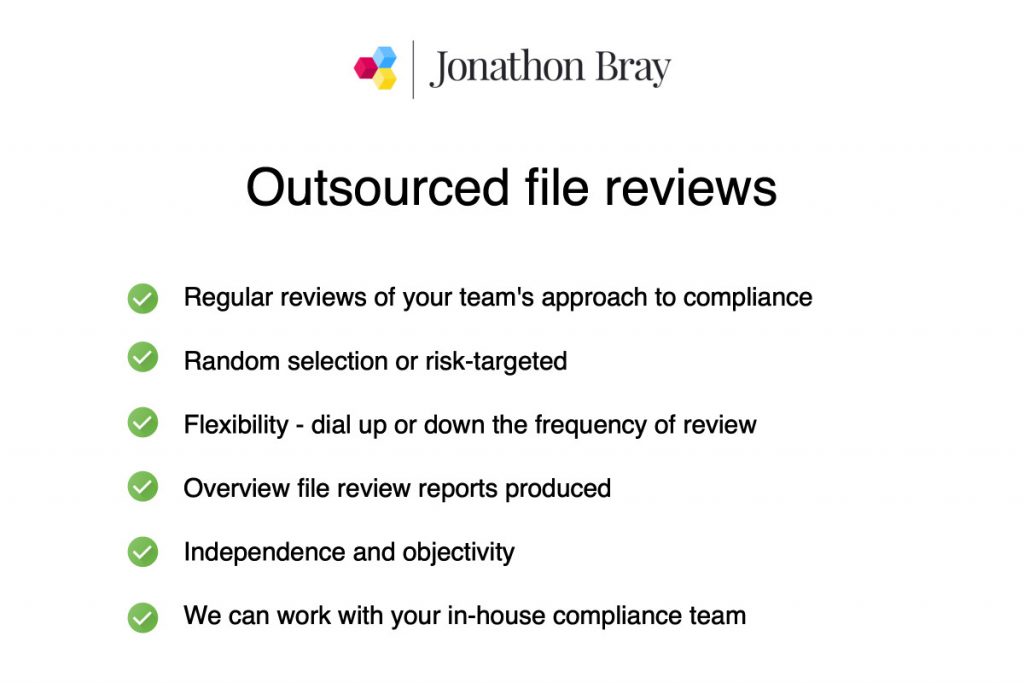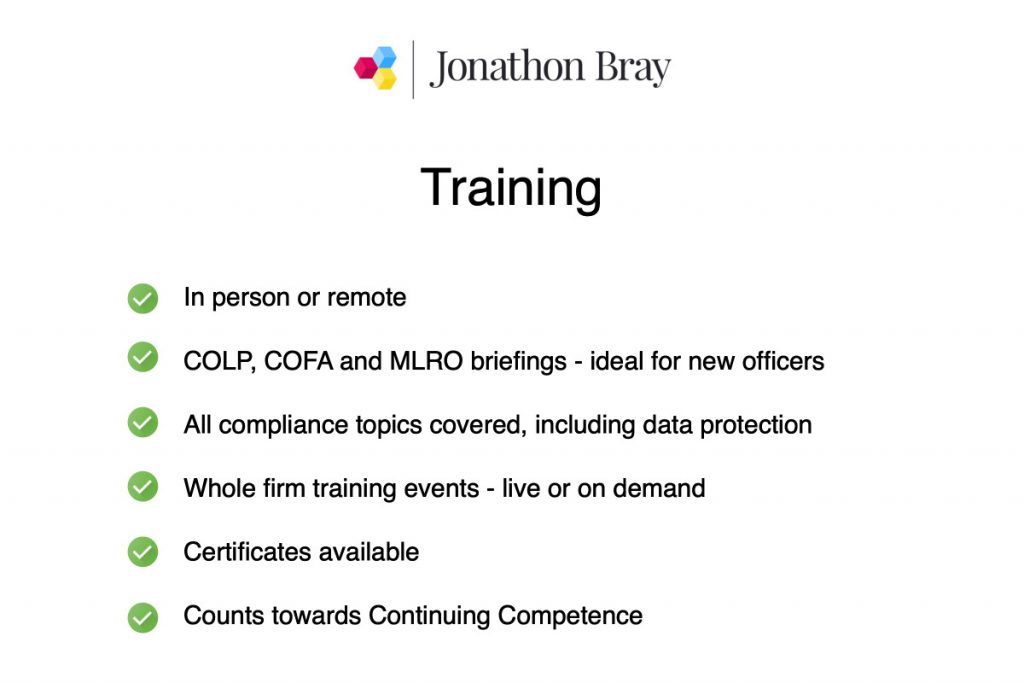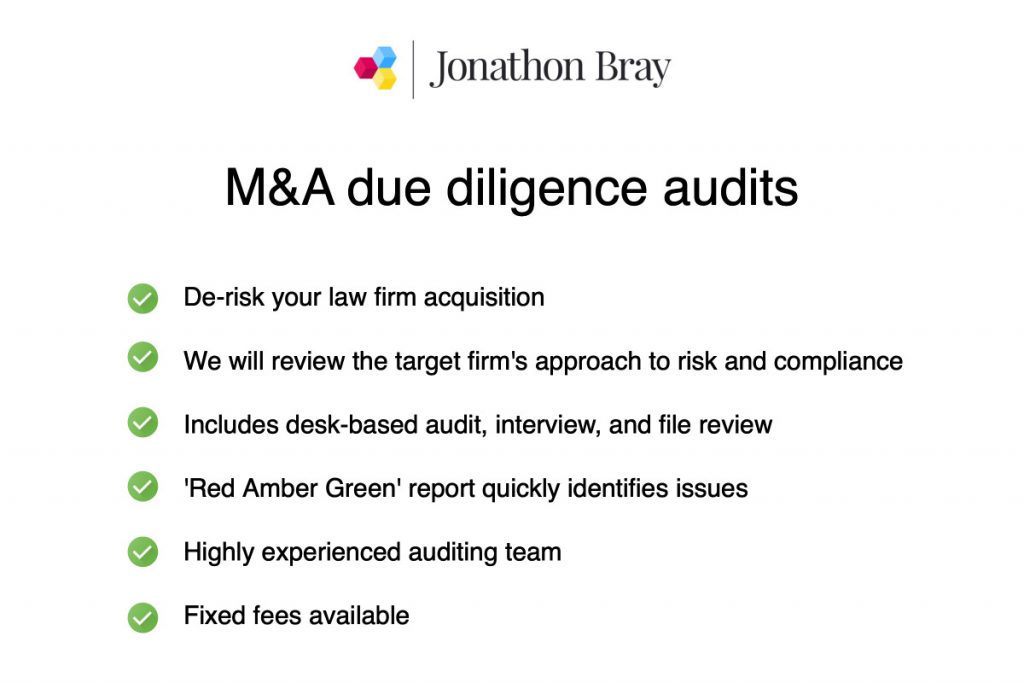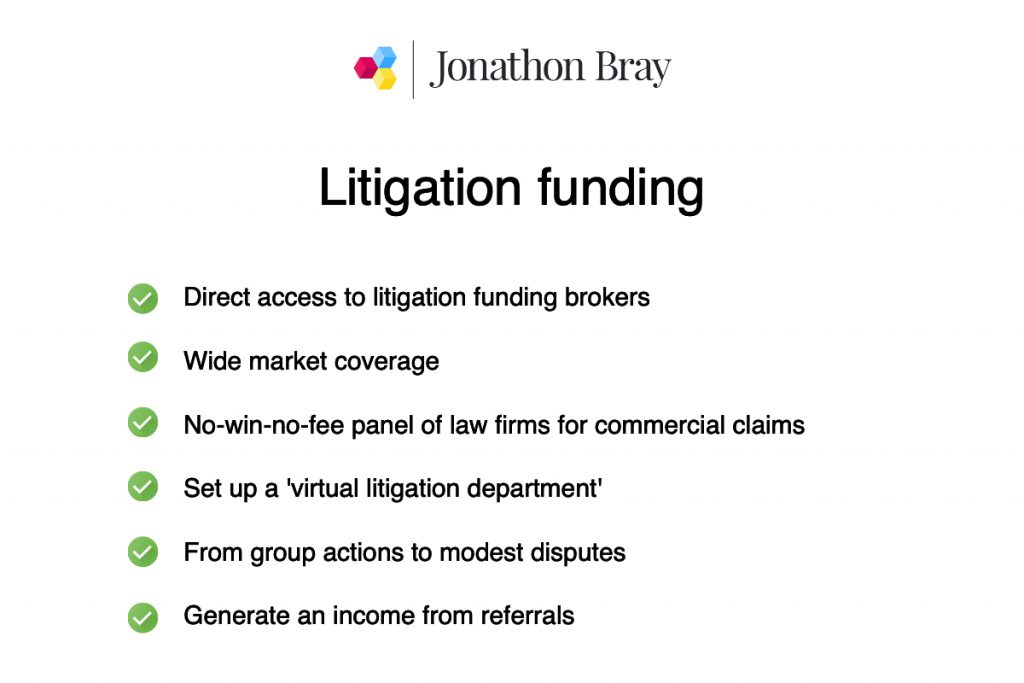Shaping the Future: Leveraging the Power of Culture
By Chris Sweetman and Jonathon Bray
“Culture eats strategy for breakfast”. Although some would argue this well-known quote overstates things, most people accept that culture plays an important part in business success.
And with hybrid working here to stay, high profile headlines about working practices, and the SRA’s recent thematic review and guidance, the subject of culture has quickly moved up the agenda of law firms.
In this article, we’ll look at what culture is, why it’s important and some steps that firms can take – both to meet the SRA’s expectations and achieve the wider business benefits of a strong culture.
Strengthening The Team: Effective Strategies For Law Firms To Recruit, Develop, And Retain Compliance Professionals
We asked Adam Spencer of AJ Fox Compliance to write about the recruitment and retention of law firm compliance professionals. And did he ever deliver!
This post is packed with advice for firms looking to recruit compliance staff. It emphasises understanding what candidates seek, selling the firm effectively to potential hires, and the importance of development opportunities to maintain people. It also highlights the benefits of professional qualifications for career progression and underscores the significance of management education. The post stresses the necessity for law firms to genuinely invest in and value their risk and compliance functions to foster a supportive work environment and retain top talent.
SRA and client account interest – Interview with Paul McCluskey
We interviewed Paul McCluskey of specialist banking and finance consultancy Gemstone Legal, about the SRA’s recent reminder to law firms about paying interest to clients.
ICYMI – The SRA’s AML enforcement against small firms continues to tighten
In recent months, the Solicitors Regulation Authority (SRA) has markedly intensified its Anti-Money Laundering (AML) enforcement actions, reflecting a stern commitment to mitigating AML risks within the legal sector. This trend is particularly evident from the notable rise in both the frequency and magnitude of fines levied against non-compliant firms. Law firm leaders need to take note. There is no sign of the regulator’s current obsession with AML waning.
In the first quarter of 2024 there were nearly £170,000 of fines handed out to ten firms.
ICYMI – Sole practitioner hit with £750 fine for (wait for it) not completing a workforce diversity survey
No, it’s not a late April Fool’s joke. LawLand Solicitors, a sole practitioner firm, was recently fined £750 by the Solicitors Regulation Authority (SRA). The fine was imposed for failing to “submit to the SRA its workforce diversity data after the SRA asked it to do so, in breach of paragraph 3.3(a) of the Code of Conduct for Firms”.
The decision to penalise a small-scale operator for relatively trivial matters seems misplaced. Particularly when the regulator faces far greater risks to the public from inside and outside the profession.
News and Guidance

- SRA Warning notice: High-volume financial service claims – Financial mis-selling and other related claims work has been a growth area for law firms over the past few years. The SRA has issued this warning notice following concerns about firms progressing claims without proper instructions, pursuing claims with poor merits, and substandard service levels.The regulator says that solicitors must:
- Grasp the complexities surrounding these claims, including the regulatory frameworks, legal merits, and the nuances of financial services redress schemes.
- Prioritise the interests of clients, maintaining open lines of communication and ensuring that clients are kept informed at every stage of the process. Transparency regarding costs, funding arrangements, and potential outcomes is highlighted as being important.
- Implement robust systems and controls to mitigate risks, ensuring that each case receives the attention and scrutiny it deserves.
- Conduct adequate supervision and training to ensure competence and adherence to professional standards.
- Uphold the principles of ethics and integrity, which not only safeguards the interests of clients but also fosters trust in the legal profession.
- Maintain quality standards, even when dealing with high volumes of similar claims.
The bottom line is that while law firms are permitted to take on this type of work, the regulators clearly see it as an area of regulatory risk. The SRA is increasingly giving the impression that it would prefer these claims to be regulated solely by the FCA.
- SRA Guidance: Claims management activity – The SRA has published new guidance to ensure solicitors and law firms are compliant with regulations while carrying out claims management activities. This guidance covers the legal framework, supervision requirements, and the impact of regulatory changes on solicitors’ practices.
Claims management activities involve seeking out, advising on, investigating, and representing claims, including those related to personal injury, financial services or products, and housing disrepair. All firms involved in these practice areas need to read the guidance.
The guidance underscores the importance of supervision, especially when these activities are delegated or carried out by less experienced solicitors or legal trainees. Firms are encouraged to have clear, written agreements about the supervision process, highlighting the responsibilities of supervising solicitors.
There is a growing focus on consumer protection at the SRA, which includes the level of fees for claims services to prevent overcharging. The regulator reminds solicitors to undertake claims work “efficiently and at fair and reasonable cost”, and to adhere to any fixed cost regimes that are in place.
Other concerns include:
- Not fully understanding all clients’ circumstances i.e. treating clients as a group rather than individuals.
- Omitting to ensure that each client understands the merits, costs and risks of their claim – without which the lawyer cannot be said to have “meaningful” authority to act on their behalf.
- Delaying payments due to clients..
- Inadequate attention to referrers, and not ensuring that referral arrangements are fully compliant and in the client’s best interests.
- Conducting inadequate due diligence on claims taken from other firms.
- Not explaining to the client that there may be other options available, including established redress schemes.
- Inadequate advice about the costs and limits of After The Event insurance, and failing to consider whether it is necessary on a case-by-case basis.
- Marketing in a way that is not compliant with SRA rules, and not ensuring that third party marketers adhere to the same standards.
- Bringing unmeritorious claims.
- Having no systems in place to identify fraudulent claims.
- Abusing the subject access request mechanism under the Data Protection Act.
- Poor quality legal work characterised by lack of training, supervision and support.
- Conducting claims management work as a freelance solicitor (claims management has to be conducted through a regulated firm).
- SRA research: Standards and Regulations – Year three evaluation of SRA reforms – This externally-commissioned report assesses the impact of the regulatory reforms introduced in 2019. The regulator’s conclusion is that the reforms have increased awareness among consumers about their protections and have simplified the regulatory framework for solicitors, making it easier for them to do business and providing more flexibility in their work practices. It highlights that while these changes have generally been positive, there are areas where understanding and implementation can still be improved. The evaluation also notes a steady increase in the number of freelance solicitors and a general satisfaction with the revised regulations among Compliance Officers.
- HM Treasury: Anti-money laundering and counter-terrorist financing: Supervision Report: 2022-23 – This document is an annual supervision report on Anti-Money Laundering (AML) and Counter-Terrorist Financing (CTF) activities in all regulated sectors. It provides a comprehensive analysis of the efforts and performances of various supervisory bodies, including Professional Body Supervisors (PBSs) in the legal sector, in ensuring compliance with AML/CTF regulations.
Key aspects of the report include:
- Supervisory Activities and Effectiveness: The document details the risk-based approaches adopted by the supervisors, highlighting how they manage and monitor the compliance of firms within their jurisdiction. It discusses specific activities, such as onsite visits and desk-based reviews, and evaluates the effectiveness of these supervisory interventions.
- Regulatory Enhancements and Reforms: It outlines recent changes and proposed enhancements to the Money Laundering Regulations (MLRs) and other supervisory frameworks, aiming to improve the overall effectiveness and response to emerging threats in the economic crime landscape.
- Enforcement Actions: The report covers the types of enforcement actions taken by supervisory bodies against non-compliant firms, such as fines and public censures.
- Collaboration and Information Sharing: It emphasises the importance of cooperation among domestic and international supervisory authorities, law enforcement, and others in sharing intelligence and best practices to combat money laundering and terrorist financing.
- Challenges and Future Outlook: The document identifies ongoing challenges in the supervisory landscape, such as variability in supervisory effectiveness and the need for more targeted reforms. It also discusses future plans and strategies to enhance the regulatory regime, including consultations on new regulatory measures and updates to the existing system.
- Office of Financial Sanctions Implementation (OFSI): OFSI launch FAQs – These financial sanctions FAQs are a useful resource for understanding the complexities of the regime, including specific scenarios, compliance requirements, and procedures for seeking legal recourse.
- UK Financial Intelligence Unit: SARs Reporter Handbook April 2024 – This is the latest in a series of documents the UKFIU publishes to guide and inform businesses required to submit SARs, including law firms. This edition contains a number of high-level case studies of reports made to the NCA, and the outcome of investigations.
- Competition and Markets Authority: Draft consumer protection law compliance guidance for unregulated providers of will writing and other legal services – The CMA is conducting a consultation about its draft compliance guidance for unregulated providers of legal services. This initiative aims to help these providers better understand and comply with their obligations under UK consumer protection laws. One of the notable parts of the guidance is a warning to avoid drawing comparisons with regulated law firms. This draft guidance is part of an investigation that started in July 2023. The final guidance, along with a summary of responses, is expected to be published later this year.
- HM Treasury: Legal Services General Licence – The new general sanctions licence for legal services came into effect on 29 April. As with the general licence it replaces, it permits lawyers to provide specific legal services to designated persons (DPs) who may be subject to sanctions related to Russia or Belarus. It allows for the payment and receipt of professional legal fees and related expenses. The licence specifies conditions under which payments can be made, such as caps on fees and expenses, and requirements for maintaining records and reporting to the Treasury. This enables legal professionals to advise DPs without violating the sanctions regulations.
- Law Society guidance: Professional enablers – The Law Society has published guidance on “professional enablers”, defining them as individuals or organisations that facilitate criminal activities through professional services. The guide emphasises the need for legal professionals to be vigilant in preventing their services from being exploited for money laundering and other crimes. It details the roles that certain professionals, like legal advisors and accountants, can play in such activities, either wittingly or unwittingly, and outlines the consequences for failing to adhere to anti-money laundering regulations. From the guidance: “Indicators of professional enabler activity can include:
- setting up trusts believed to be an attempt to conceal criminal proceeds
- solicitor using client accounts to launder suspected proceeds of crime
- accountant signing off company accounts believed to be false or do not reflect the activity observed on a bank account
- mortgage broker submitting applications having not conducted effective due diligence checks such as proof of identity/earnings
- provision of services to individuals/companies subject to adverse media reporting indicating involvement in criminal activity
- incorporation of large companies or investment management companies at residential addresses
- prolific incorporation of companies over a short period of time where the company formation agent does not appear to have conducted proper customer due diligence checks
- incorporation of what appear to be shelf companies
- setting up complex corporate and/or trust structures that do not appear to have a sound economic or business rationale”
Compliance corner – real life Q&As

“If I suspect misconduct by another professional, what are my reporting obligations to the SRA?”
For solicitors in England and Wales, adhering to the Standards and Regulations set by the SRA is crucial. One of the key aspects of these regulations involves reporting
What Needs to Be Reported?
Solicitors must report any serious breaches of the SRA rules, whether committed by themself or another person or firm. The rules are there to guide the behaviour of legal professionals to ensure they act ethically and lawfully. A reportable issue might involve any conduct that compromises the trust the public places in the legal profession. This includes, but is not limited to, actions such as dishonesty, competence, financial misconduct, significant breaches of client confidentiality, conflicts of interest, or failure to comply with court orders.
“Serious” is not defined, but should be given its common meaning. There are some clues in the SRA Enforcement Strategy about how the SRA scores the severity of misconduct.
There does not need to be certainty that anything untoward has occurred. “Facts or matters that you reasonably believe should be brought to [the SRA’s] attention in order that it may investigate whether a serious breach…has occurred” is the minimum threshold. It is not always going to be possible to complete internal investigations before taking a view on whether to report.
Note that reporting duties are not limited to Compliance Officers or partner-level managers.
With the expanded duty for law firm leaders to challenge behaviour which treats colleagues unfairly or with disrespect, it is possible that we will see employees seeking to report to the SRA those higher up for failing to provide adequate protection.
When Should Solicitors Report?
Solicitors are required to report breaches “promptly.” While the SRA does not define “promptly” in specific days or weeks, the expectation is clear that the report should be made as soon as reasonably possible after the solicitor becomes aware of a breach or a serious concern. Delays in reporting can often exacerbate the problem and potentially lead to more severe consequences for those involved.
Why Is Reporting Important?
The regulator designed the reporting obligations to protect the public, maintain public trust in the legal system, and uphold the rule of law. By ensuring that breaches and concerns are reported quickly:
1. Prevent Escalation: Early reporting helps in taking timely action to mitigate issues before they escalate into more significant problems.
2. Maintain Standards: It helps maintain professional standards and ensures that individuals who are not complying with these standards are appropriately dealt with.
3. Support Ethical Practice: It supports a culture of transparency and accountability within the legal profession, which is a vital safeguard for ethical practice.
Practical Tips for Reporting
1. Understand the SRA rules: Regularly review and understand the SRA Standards and Regulations (and the increasing volume of supplementary guidance) to recognise what constitutes a reportable breach.
2. Maintain Records: Keep detailed records of any incidents or decisions made that could potentially require reporting. Keep a chronology of events.
3. Internal Procedures: Develop and follow internal reporting procedures within your practice to handle potential breaches or concerns efficiently.
4. Seek Advice: If unsure whether something should be reported, it’s advisable to seek confidential advice, possibly from a compliance officer, external adviser or directly from the SRA.
If you have a question you would like us to answer in this section, feel free to send it to info@jonathonbray.com
Free webinars and recordings

Podcast with Jonathon Bray and AJ Fox Compliance: Inside risk and compliance
Recording: compliance clinic April 2024
Last week Rachael, Ed and Jon spent an hour on Zoom discussing various compliance issues that have caught their eye recently. In an informal session we covered topics including:
- Cyber-crime – latest impacts on the profession
- LOCS23 – the new data protection accreditation for the legal sector
- Insurance distribution – it’s boring but important
- AML fines – the ever-increasing risk exposure for law firms
- The consultation on improving the Money Laundering Regulations
Watch the recording (passcode 7wrZ%+ZQ)
Training resources: On-demand webinar archive
Contact us for access to our extensive back catalogue of recorded webinars. Topics include:
- Financial crime: LSAG, firm-wide risk assessments, client due diligence etc.
- Sanctions
- Use of client account as a banking facility
- Data protection
- Financial stability
- Conflicts and confidentiality
- SRA Transparency Rules
- Accounts Rules
- Employee Ownership Trusts (EOTs)
- Register of overseas entities
- Sexual misconduct and solicitors’ private lives
- Terrorist financing
- And more….
We also produce bespoke training webinars, live workshops for your team and COLP and COFA training.
SRA and SDT disciplinary decisions

- Kerry Ann Stevens – struck off for leaving a restaurant without paying and failing to pay a delivery driver for a takeaway food order.
- Amy Cassini – non-lawyer disqualified for recording time on files for work not completed. The misconduct was reported to the SRA by her employer.
- Sarah Jayne Hall – office assistant disqualified for taking £110 from petty cash without permission.
- Nicholas Giles Collins – senior litigator struck off for misleading a client about the progress of their claim over the course of 17 years.
- Jeary & Lewis Limited – firm fined £750 for failing to update the SRA about its change of COFA.
- Gillian Huthart – solicitor fined £5,411 for Accounts Rules breaches, including lack of client account reconciliation.
- Achom and Partners Limited – firm fined £750 for Transparency Rules breaches (failing to display a Digital Badge and complaints policy).
- Grayfield Solicitors Limited – firm fined £6,663 for AML and Accounts Rules breaches.
- Gary Whitaker – claimant litigator rebuked for rejecting an offer to settle without taking instructions from his client.
- Henry Moorhead & Company – firm fined £3,620 for historic lack of compliant firm-wide risk assessment, AML policy and staff training.
- Albert Partington – fined £11,013.67 for allowing his firm’s client account to be used as a banking facility; acting in an own interest conflict situation (loans from family members to clients); client due diligence failures; and acting for buyer and seller in the same transaction.
What we do – contact us for further information about our services
